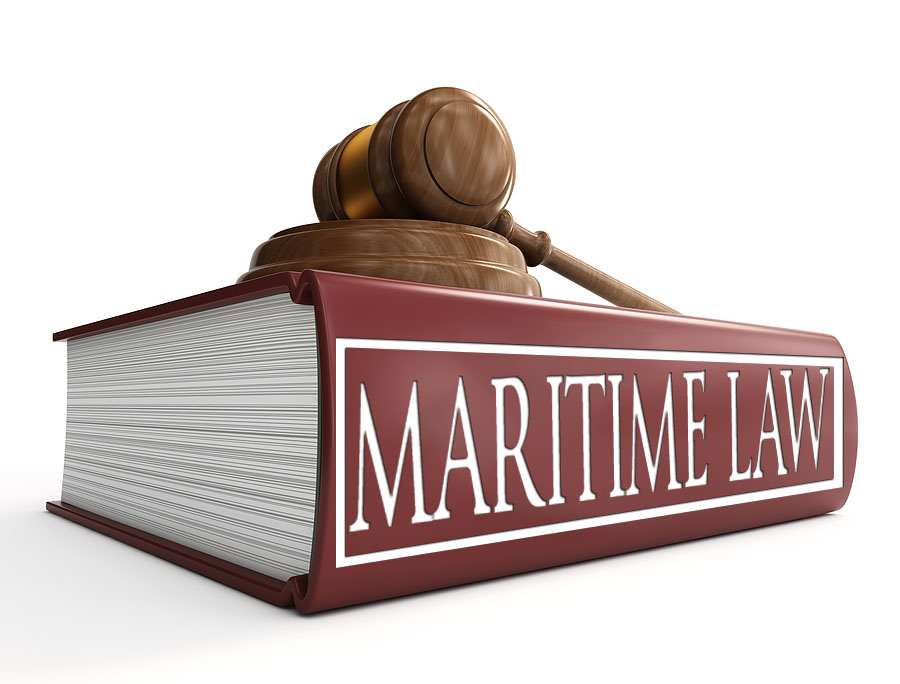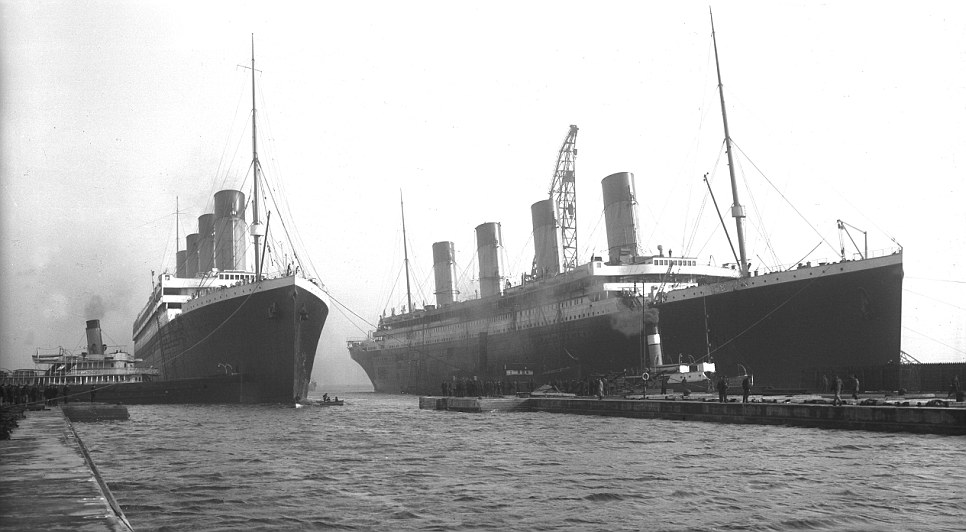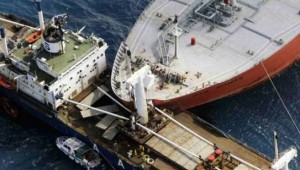
Shipping law history is almost synonymous with the law of the land. The history of law is considered to be a history of mankind, a history of civilized society. History of admiralty can be easily considered to be the history of business and commerce. The words admiralty and maritime are often used interchangeably. Going by the literal meanings both the words are different.
Maritime is a general term referring to anything that has got to do with the high seas.
Admiralty is a more specific term that used to refer to the laws and procedures that concern the carriage of goods, passengers on the high seas. The term admiralty includes in itself rules and procedures concerning inland navigable waters also. It is known as admiralty for the simple reason that the laws governing the seas were the responsibility of the navies of various countries.
Shipping Laws History
The sea has been a popular mode of travel and transportation. Countries and tribes have used the high seas for commercial activities since long. Wherever man has gone, disputes and wars have followed, hence it should not be a surprise that marine law history is sufficiently old.

Admiralty is an ancient branch of law. It is a culmination of customs observed by the earliest civilizations, that is, the Egyptians and the Greeks.
Admiralty law is said to have originated as back as 900 B.C in the island of Rhodes in the Mediterranean. Special courts were set in the in the area to deal with cases arising due to trade relations, collisions etc. These principles were a form of international law as the special courts enforced general principles that were acceptable to the states in this region.
These rules and principles experienced a major impetus when the Roman economy was being revived because of growth of Italian republics and the cities around the river Rhine and the Baltic Sea. As the region became active so did the activities of the pirates (bandits of the sea).
Shipping Law Trio
Between A.D.1000 and A.D.1300, three codes of maritime law were formulated in Europe.
The study of shipping law history wont be completed without them. These are considered to be the foundation of the modern day admiralty law:
• Consolate del Mare: This was adopted by the cities in and around Mediterranean
• Laws of Oleron: This was adopted in France and England
• Laws of Wisby: This was adopted in the cities around the Baltic
Consolate del Mare: This was the one of the oldest of the three codes. It was preceded by Amalfi Tables developed at Amalfi and Italian seaport. Where specifically it originated cannot be said for definite. It was a compilation of rules dealing with ownership of vessels, duties, and wages of captains and seamen, freight, rights of neutrals at the time of war. It served as the basis of the second code, the Laws of Oleron.
Laws of Oleron: Consolate del Mare was adopted under this title in the countries of France and England. It is considered as the basis of the modern maritime law with some modifications. The credit for this code goes to Eleanor of Guinne.
Laws of Wisby: As trade and commerce propagated, new ports began to come along the routes in the north and west directions. The capital of Gotland in the Baltic Sea was the city of Wisby. It served as a common metropolis in this area and catered to around seventy cities. The aim of this code was protection against pirates of Germany, Denmark and Norway.
The modern day shipping or marine laws acquired prominence with the creation of nations. It is a combination of judicial decisions, customs, laws, and international treaties. These laws are applied by special Maritime or Admiralty Tribunals. Cases arising out of maritime contracts, torts and other offences fall under the jurisdiction of these courts. The crewmembers on ships, ship owners, cargo owners, marine insurers all fall under the purview of marine laws.






